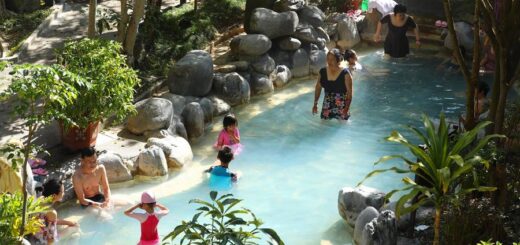Jesuit Centre for Theological Reflection (JCTR)Basic Needs and Nutrition Basket (BNNB) Media Statement Wednesday 8th July, 2020
Notice: Undefined index: catFilterList in /home/zambi/public_html/wp-content/plugins/wp-likes/api.php on line 243
Jesuit Centre for Theological Reflection (JCTR)Basic Needs and Nutrition Basket (BNNB) Media Statement Wednesday 8th July, 2020
SUSTAINING and committing to the plight of the poor in the era of the “New Normal”
Midway through the year 2020, it is still impossible to put an end date to the Coronavirus pandemic. Realizing so, several nations have begun to ease restrictions in a bid to keep their economies afloat and preserve livelihoods.
Zambia is one such nation.
While the country is slowly opening up the economy, the impact of the virus on the economy cannot be overlooked.
In the latest COVID-19 National Address on Friday 26th June 2020.
The President of the Republic of Zambia Dr. Edgar Chagwa Lungu rightly pointed out some of the devastating implications the country has experienced so far.
Of great concern to the Jesuit Centre for Theological Reflection (JCTR), is the already constrained fiscal position of government that has been further affected by a decline in economic activities.
It has been noted that 2020 revenue collection will be lowered by K20.8 billion; from approximately K 72 billion to K 51.2 billion.
Debt obligations are expected to rise to K8.7 billion due to the devaluation of the kwacha against the dollar.
This will limit government’s ability to respond to the needs of the most vulnerable in society, most of whom cannot afford basic necessities.
JCTR Basic Needs and Nutrition Basket (BNNB) for the month of June 2020 stood at K7, 060.80.
A total reduction of K134.8 from the May 2020 basket which stood at K7, 195.60.
Reductions in the basket were noted in prices of the following items; vegetables moved from K502.73 to K 440.77 for 40kg, pounded groundnuts (4kgs) moved from K79.23 to K33.77, onion reduced from K94.07 to K61.80 for 4kg, kapenta that fell to K183.17 from K204.52 for 1kg and sweet potatoes moved from K37.99 to K18.43 for 4kgs.
Additionally, further reductions on the food items were noted in the price of other fruits that moved from K321.67 to K251.63, tomato reduced from K58.97 to K38.38, bananas moved from K203.03 to K189.78 and the price of cooking oil reduced from K109.45 to K99.12. From the non-food but essential items the price of charcoal reduced from K332.00 to K322.40 for two 90kg bags from the preceding month.
On the other hand, increases in the basket have been recorded in the prices of cassava flour that rose sharply to K211.75 from K70.97 in May a difference of K140.78 and soya pieces that moved from K69.95 to K90.55.
It is worth noting that the reduction in the prices of some items in the basket, especially the agricultural produce, is attributed to the increased supply as a result of the harvest season.
JCTR has noted that the country has continued to pay more attention to the production of maize.
Recently the Food Reserve Agency announced that funds amounting to K1 billion have been released for the purchase of maize grain.
This gives an incentive to farmers to continue with the production of maize even when past experiences have emphasised the need for diversification in agriculture. The inability to promote crop diversification has the potential to threaten future food security.
JCTR continues to urge government to support farmers, especially small scale farmers, to embrace agricultural diversification to address both food security and nutrition issues in the country.
JCTR reiterates the need to implement effective shock absorbing policies that are directed to the poor and the marginalised. Projections by both the World Bank and the Ministry of Finance suggests that the country’s economy is likely to go into a recession.
So far measures that have been put in place are being directed to businesses with collateral and not the poorest people in society.
JCTR appeals to government is to ensure that social protection programmes are scaled up and ring fenced throughout this COVID period.
The JCTR BNNB has consistently recorded above K7, 000 since January 2020, yet it remains a sad reality that very few individuals in Zambia earn incomes close to this amount.
It is evident that the poor with no income to keep themselves afloat will only be pushed further into a poverty trap.
NB: Attribute statement to Ms. Muchimba Siamachoka – Acting Social and Economic Development (SED) Manager.
For further clarifications contact the Social and Economic Development (SED) Programme at the Jesuit Centre for Theological Reflection (JCTR) on 0955295881 and 0954755319. Email: jctr.sed@gmail.com and jctr.info@gmail.com. Martin Mwamba Road, Plot 3813 Martin Mwamba Road, Olympia Park – Lusaka. P. O. Box 37774 Lusaka – Zambia





















